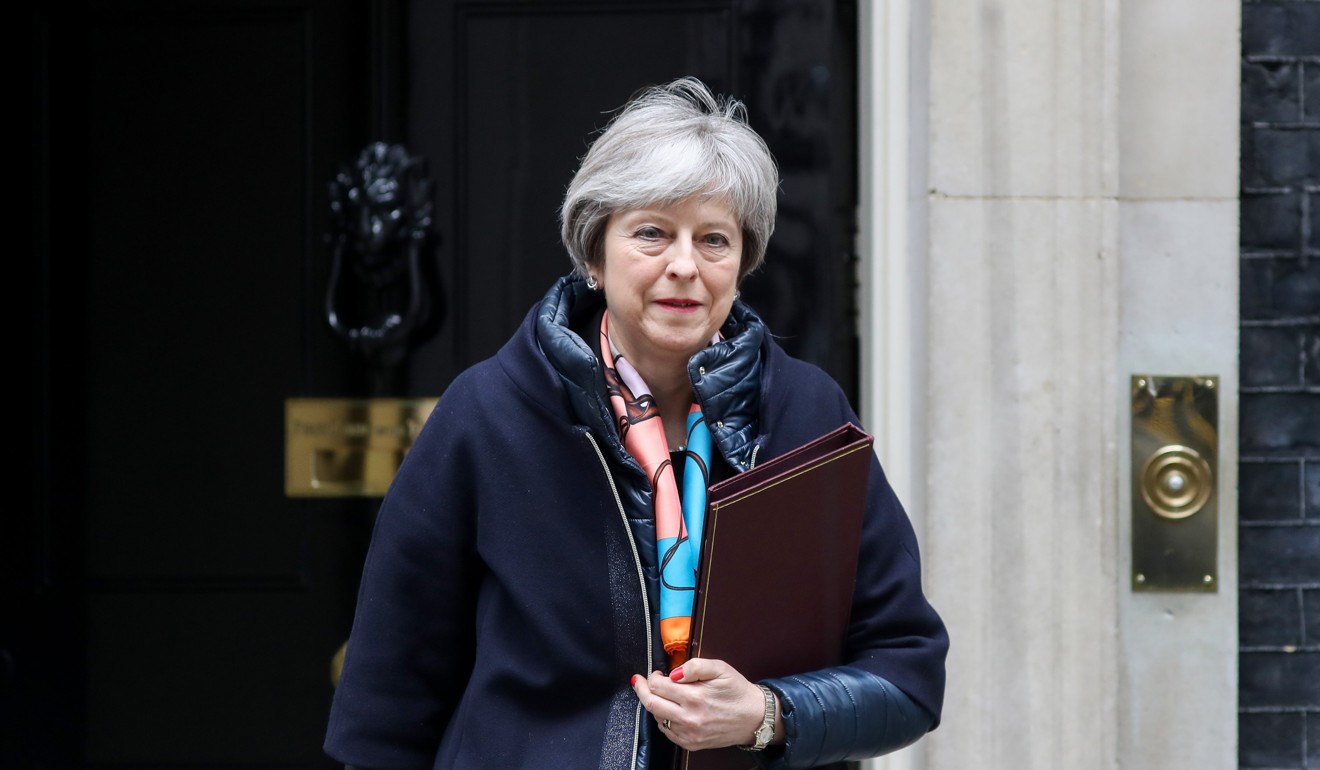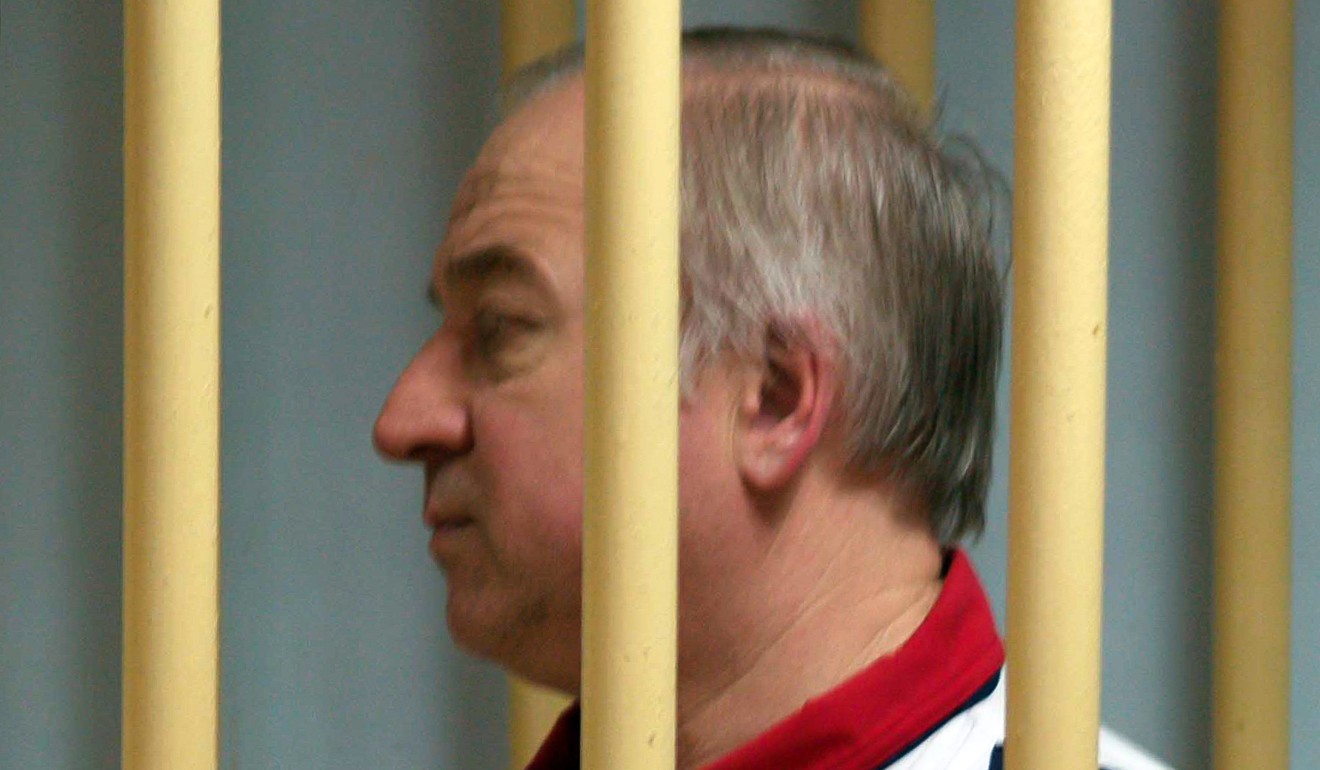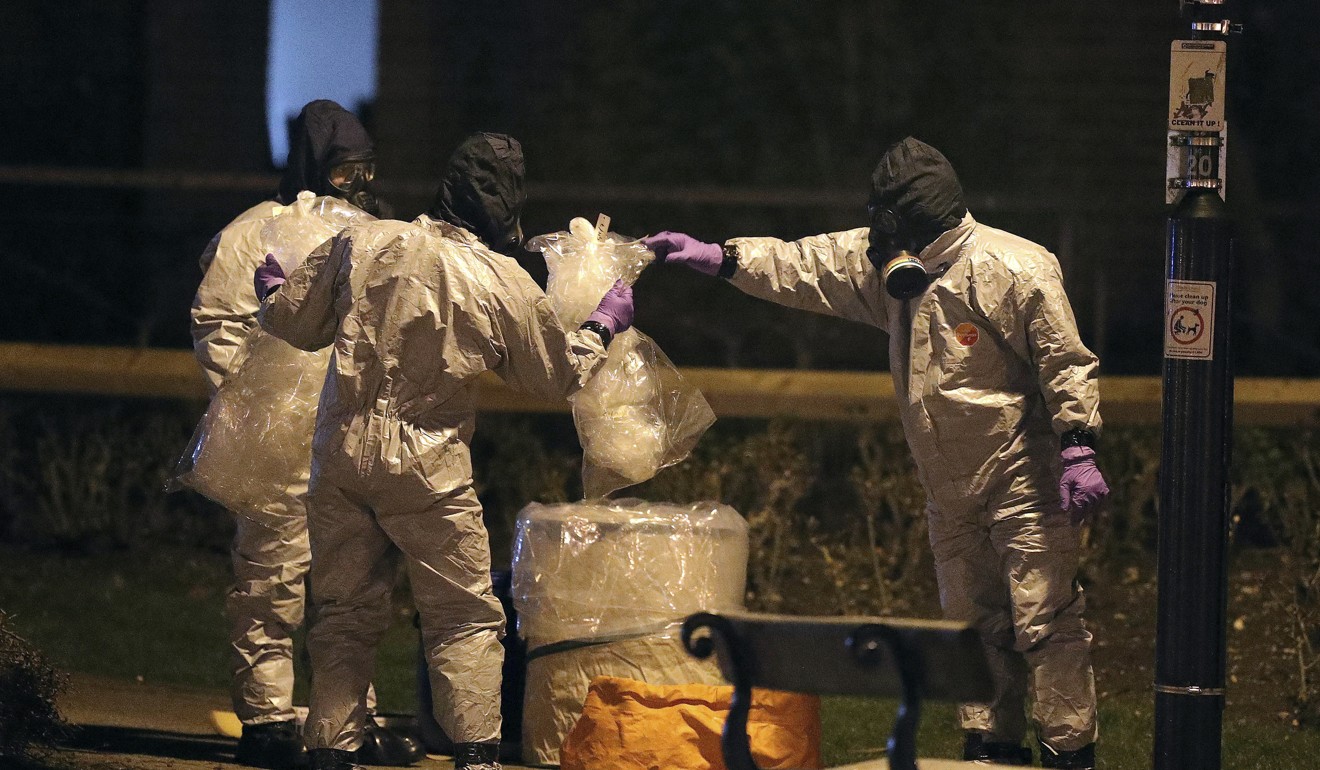
‘Crude, unseemly, unworthy’: furious Russia threatens retaliation after UK expels diplomats over spy poisoning
‘We consider it categorically unacceptable and unworthy that the British government, in its unseemly political aims, further seriously aggravated relations, announcing a whole set of hostile measures, including the expulsion of 23 Russian diplomats’
Russia’s Foreign Ministry blasted Britain on Wednesday, complaining that it had chosen confrontation over cooperation in the case of Sergei Skripal, a former Russian double agent who was poisoned in Britain with the nerve agent Novichok earlier this month.
In its statement the ministry described British Prime Minister Theresa May’s decision to expel Russian diplomats from Britain, among other measures, as “an unprecedentedly crude provocation”.
It warned that the move “undermines the foundations of a normal interstate dialogue between our countries”.
“We consider it categorically unacceptable and unworthy that the British government, in its unseemly political aims, further seriously aggravated relations, announcing a whole set of hostile measures, including the expulsion of 23 Russian diplomats from the country,” it added.
The ministry did not announce retaliatory measures in its statement, but said “our response will not be long in coming.”

May said on Wednesday that the diplomats, who have been identified as undeclared intelligence officers, have a week to leave.
She also announced a range of economic and diplomatic measures, including the suspension of high-level bilateral contacts with Russia. An invitation for Russian Foreign Minister Sergey Lavrov to visit Britain has been cancelled, and May said British ministers and royals will not attend the soccer World Cup in Russia this summer.
May also said Britain would clamp down on murky Russian money and strengthen its powers to impose sanctions on abusers of human rights.
She also called an emergency meeting of the United Nations Security Council to discuss the attack.
Before the meeting, UN Secretary-General Antonio Guterres said through his spokesman that “The use of nerve agents as a weapon under any circumstances is unacceptable and its use by a state would constitute a serious violation of international law.”

Guterres was “deeply concerned” and “hopes the incident will be thoroughly investigated,” UN spokesman Farhan Haq said.
Russia denies involvement in the attack, and says that Novichok - which was developed by the Soviet Union and inherited by Russia - is not banned.
Vladimir Uiba, the head of the Federal Medical and Biological agency, said according to the Interfax news agency that Novichok didn’t fall under the Chemical Weapons Convention that entered force in 1997. He wouldn’t say if Russia inherited any amounts of Novichok from the Soviet Union and whether they were destroyed.
Russian Industry and Trade Minister Denis Manturov said earlier Wednesday that Russia completed the destruction of its chemical weapons stockpiles last year under the convention.
Germany’s new foreign minister, Heiko Maas, said at a handover ceremony on Wednesday that the country supports the UK’s decisions.
It is “disappointing that Russia so far doesn’t appear to be prepared” to help clear up the case, he said, adding that Moscow should “create transparency,” either bilaterally to Britain or at the Organisation for the Prohibition of Chemical Weapons.
Maas said Germany will consult closely with London “and we can fully and completely understand that Britain had to react to this.”

German Chancellor Angela Merkel and US President Donald Trump have also come out in support of May, saying they take Britain’s concerns over Russian involvement in the poisoning of Skripal seriously.
However, on Wednesday France broke from the pack, saying it wanted firm proof of Russian involvement in the poisoning before it took any action in solidarity with the British government.
“We don’t do fantasy politics. Once the elements are proven, then the time will come for decisions to be made,” French government spokesman Benjamin Griveaux told a news conference.
While he called the attack a “very serious act” on a strategic ally, Griveaux said France was waiting for “definitive conclusions” and evidence that the “facts were completely true” before taking a position.
In the wake of May’s remarks on Wednesday, British media watchdog Ofcom said it was factoring her comments into a decision to possibly investigate RT, the Moscow-backed Russian news channel, with the possibility of banning it from the UK.
Russia’s foreign ministry warned British media will be expelled if the UK shuts down RT, while RT itself said that it provides, “as ever”, an “alternative voice” in the UK media.
The UK government has also warned its citizens to be “vigilant” while travelling in Russia, and to avoid discussing politics with locals, in case they incur “anti-British sentiment or harassment”.
May announced the measures after Moscow ignored a midnight deadline to explain how the nerve agent was used against Sergei and Yulia Skripal.

The father and daughter remain in critical condition in a hospital in Salisbury, southwestern England.
Moscow has refused to comply with Britain’s demands unless the government provided samples of the poison collected by investigators.
Putin spokesman Dmitry Peskov told reporters on Wednesday that Russia “rejects the language of ultimatums”.
Also on Wednesday, British soldiers retrieved a tow truck from a town in Dorset, southwest England, during the ongoing investigation into Skripal’s recent movements.
The road was cordoned off and the truck lifted onto an army vehicle by soldiers in protective clothing. Authorities have also blocked off several sites in and near Salisbury, 90 miles (145 kilometers) southwest of London as part of their probe.
The military often assists police in cases where the armed forces have some expertise. The nerve agent used in the attack breaks down quickly, meaning the risk to the public is low, but areas are being cordoned off for additional safety.
Here’s a rundown of all the sanctions imposed on Russia by Theresa May
● The expulsion of 23 Russian diplomats. They have been given one week to leave.
● The UK government will enact a new targeted power to detain people suspected of hostile state activity at borders.
● The UK will increase checks on private flights, customs and freight from Russia.
● The UK will freeze Russian assets if there is evidence they are being used to compromise British security.
● There will be legislation to protect the UK from hostile state activity.
● The government will look at whether new counter-espionage powers are needed.
● The UK has suspended all high level diplomatic contact with Russia. This includes revoking an invitation to the Russian foreign minister, Sergei Lavrov. There will also be no attendance by government ministers or members of the royal family at this summer’s World Cup in Russia.


